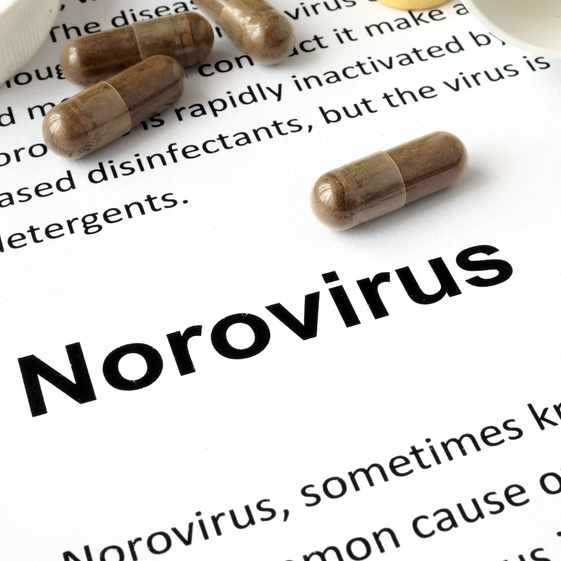
Among pregnant women in the U.S. with confirmed Zika virus, about 1 in 10 had a fetus or baby with birth defects. That's according to a new report by the Centers for Disease Control and Prevention (CDC). Mayo Clinic infectious diseases specialist Dr. Pritish Tosh says, "Initially, we knew pretty clearly that there was some association between Zika virus infection during pregnancy and some sort of malformation, such as microcephaly in the unborn child — meaning if pregnant women are infected with Zika, there was a risk to the unborn child of having some sort of birth defect. And usually that birth defect was microcephaly."
Watch: Dr. Pritish Tosh discusses Zika-related birth defects
Journalists: Broadcast-quality sound bites with Dr. Tosh are in the downloads.
The CDC report found nearly 1,000 pregnant women from 44 states who completed their pregnancies had some evidence of a recent Zika infection, and were at risk of having a fetus or baby with Zika-related birth defects.
What the report means.
"The CDC report offers an important piece of information in terms of the epidemiology of Zika virus infection and what the implications are for pregnant women." says Dr. Tosh. "The epidemiologic data from the CDC really help to quantify that what the risk is. If a pregnant woman is infected with Zika virus, there is about a 10 percent chance that the child will have some sort of birth defect, most commonly microcephaly. Ten percent is a very high number, and it really stresses the importance that pregnant women not travel to Zika virus-endemic areas. And ... if people are traveling to areas where Zika virus is endemic ... they should wait — at least eight weeks if it’s a woman or six months if it’s a man — before trying to conceive a child. This 10 percent value seems to be very real and puts a number to what was previously an obscure concept of risk."
Zika typically is spread through the bite of an infected Aedes genus mosquito; however, it also can be spread from mother to child, and through sexual contact.
Related Articles







